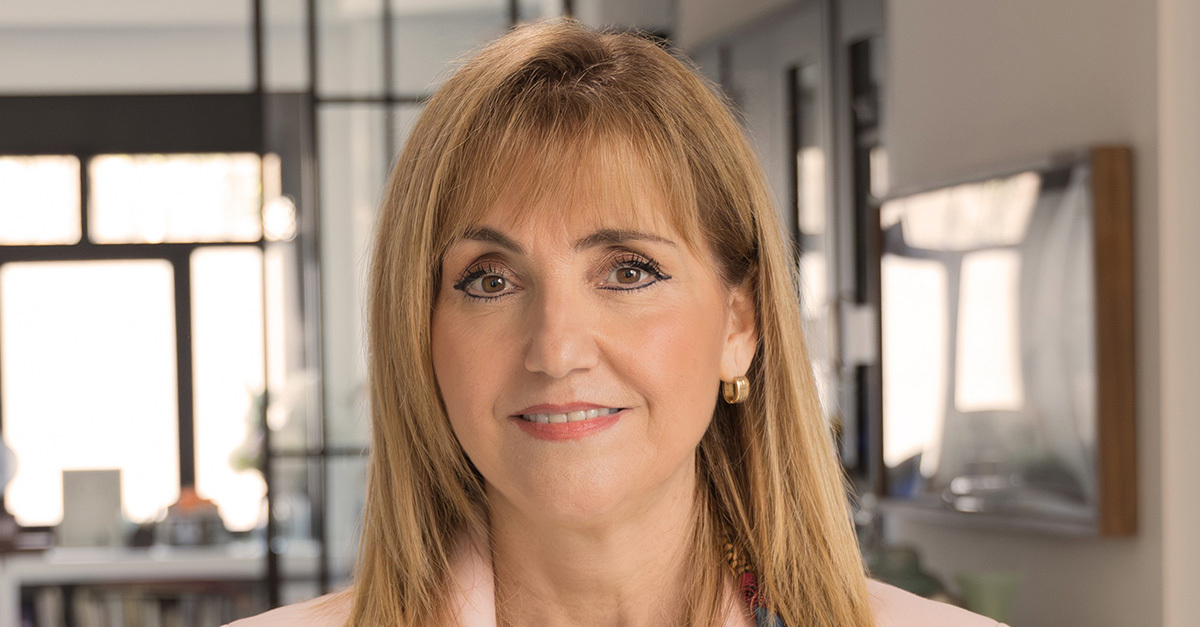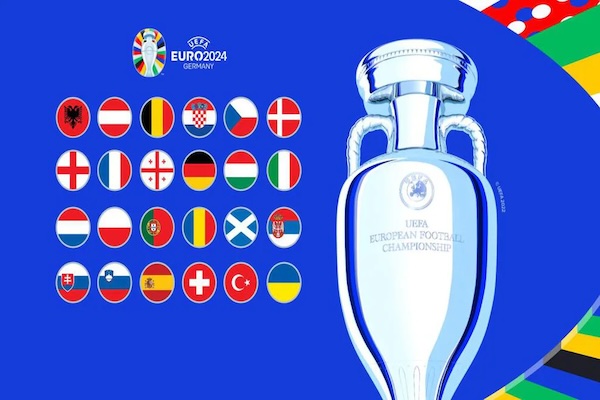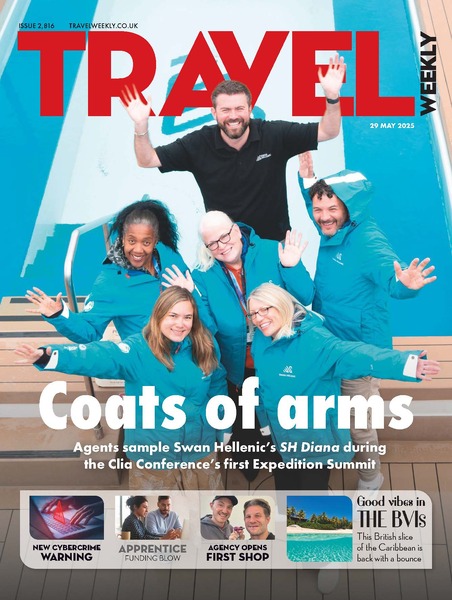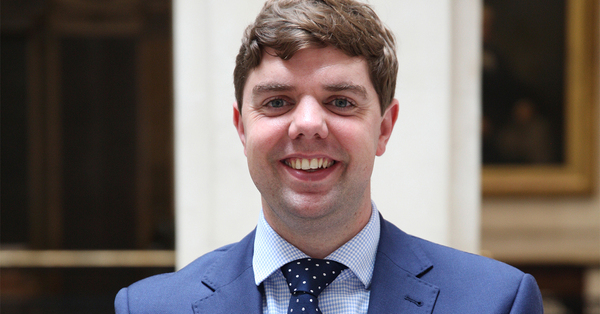Gloria Guevera tipped to win UN vote
The election of the secretary-general of UN Tourism – or the UN World Tourism Organization (UNWTO) as it was until a year ago – may set few pulses racing. The UK is not a member, having quit in 2010 along with the US.
But the expected election this week of Gloria Guevara, a familiar figure at senior levels of the global travel industry, should end a period of bitterness and controversary at the leading intergovernmental organisation in world tourism after current secretary-general Zurab Pololikashvili sought a third term.
Pololikashvili’s emergence in 2017, when he replaced Taleb Rifai, was a surprise – a product of behind‑the-scenes deals between member governments after the elimination of a leading candidate from Africa. His re-election in 2021, having undercut rival candidates by bringing forward the election, drew criticism. But that was nothing compared to the reaction to an attempt to confirm Pololikashvili for a third term at the UNWTO general assembly in 2023.
More: Ex-WTTC chief nominated to become first female UN Tourism leader
That was defeated, but he was allowed to run again until this month when his own Georgian government abruptly withdrew support, reportedly under pressure from the UAE and after two former secretary generals, Francesco Frangialli and Rifai, issued a critique of Pololikashvili’s reign. They alleged a lack of transparency, loss of experienced staff and use of resources to promote the incumbent’s campaign, and called for an external audit.
Guevara, a former Mexico tourism minister and chief executive of Sabre Mexico, headed the World Travel & Tourism Council (WTTC) – the industry’s leading private sector organisation, headquartered in London – from 2017 to 2021 before becoming chief special advisor to the Saudi Arabia ministry of tourism.
Nominated by Mexico, Guevara would be the first woman to head the organisation if confirmed by a vote of the 38 member countries on the executive council on May 29.
She accused Pololikashvili of “wasting money on his election campaign” and “promising countries something in exchange for their vote”.
Guevara is strongly placed, with the support of senior figures at WTTC member companies, although former Greek tourism minister Harry Theoharis is also a strong candidate.
Both favour reform of the organisation and improved relations with the private sector which have deteriorated markedly since Rifai’s tenure (2010-17) when leaders of the UNWTO, WTTC and Pacific Asia Travel Association lobbied world leaders together on the value of, and to support, global tourism.
Guevara is favourite given her profile, background and record. She has also campaigned strongly beyond the confines of UN Tourism members, with multiple press releases issued on her behalf (five in the UK in the first half of May alone).
A simple majority of the executive council will be enough to win. The decision then goes to a general assembly in Riyadh in November requiring a two-thirds majority for ratification, with the new secretary general to take over in January 2026.


















